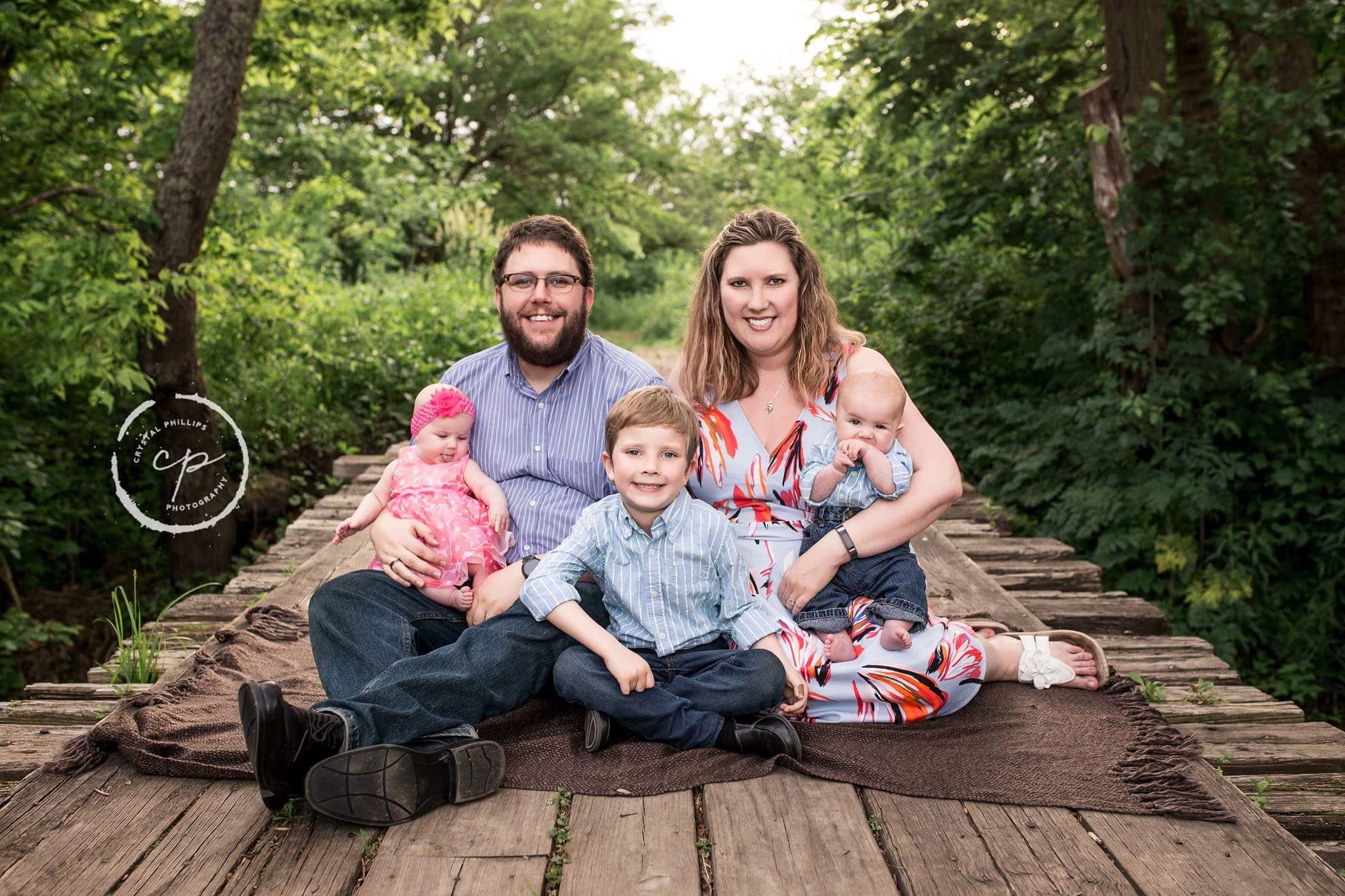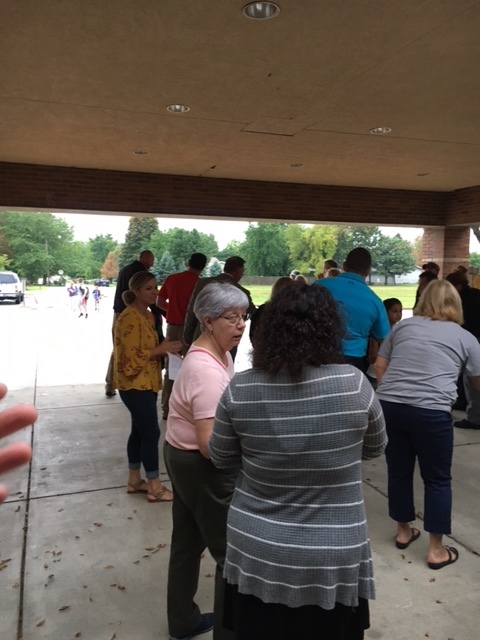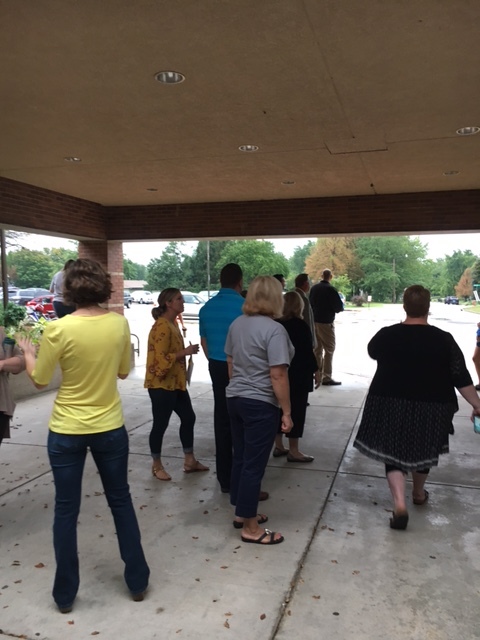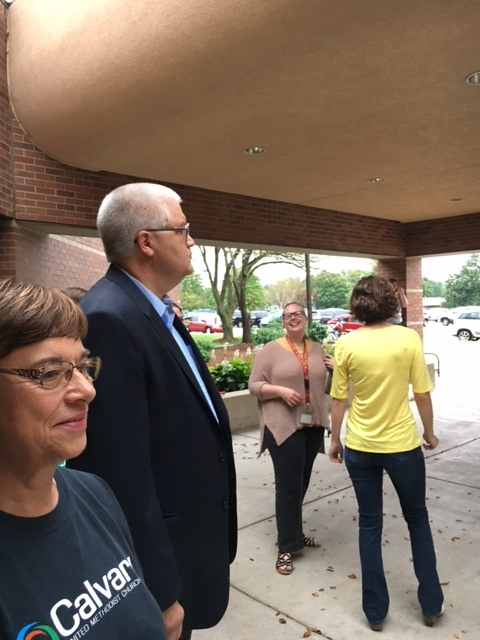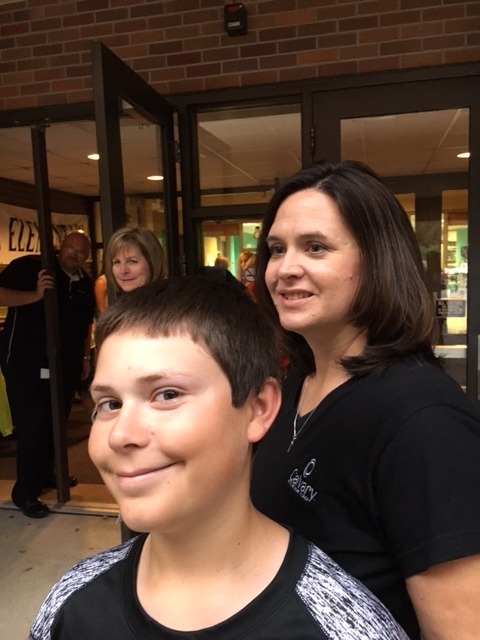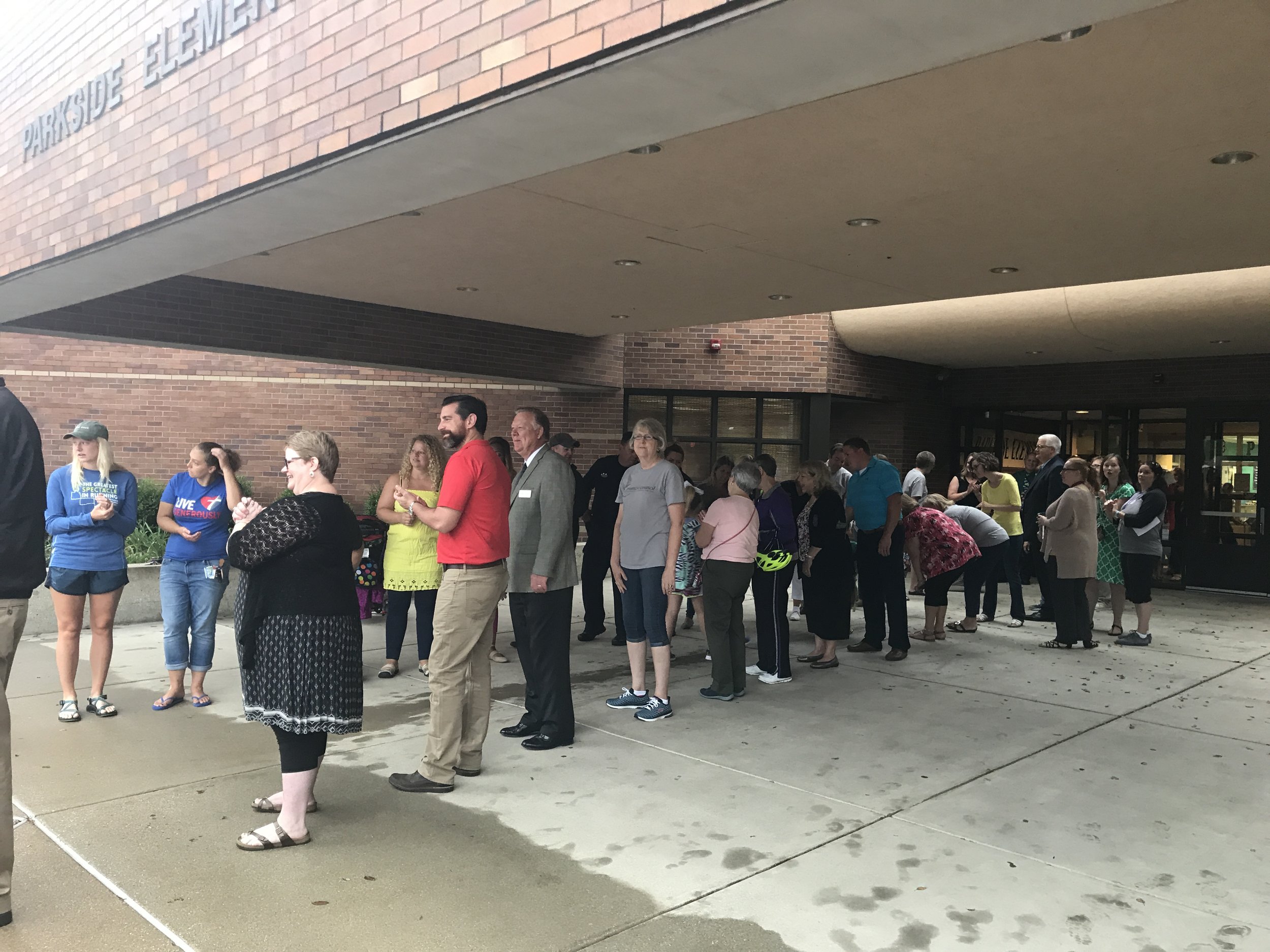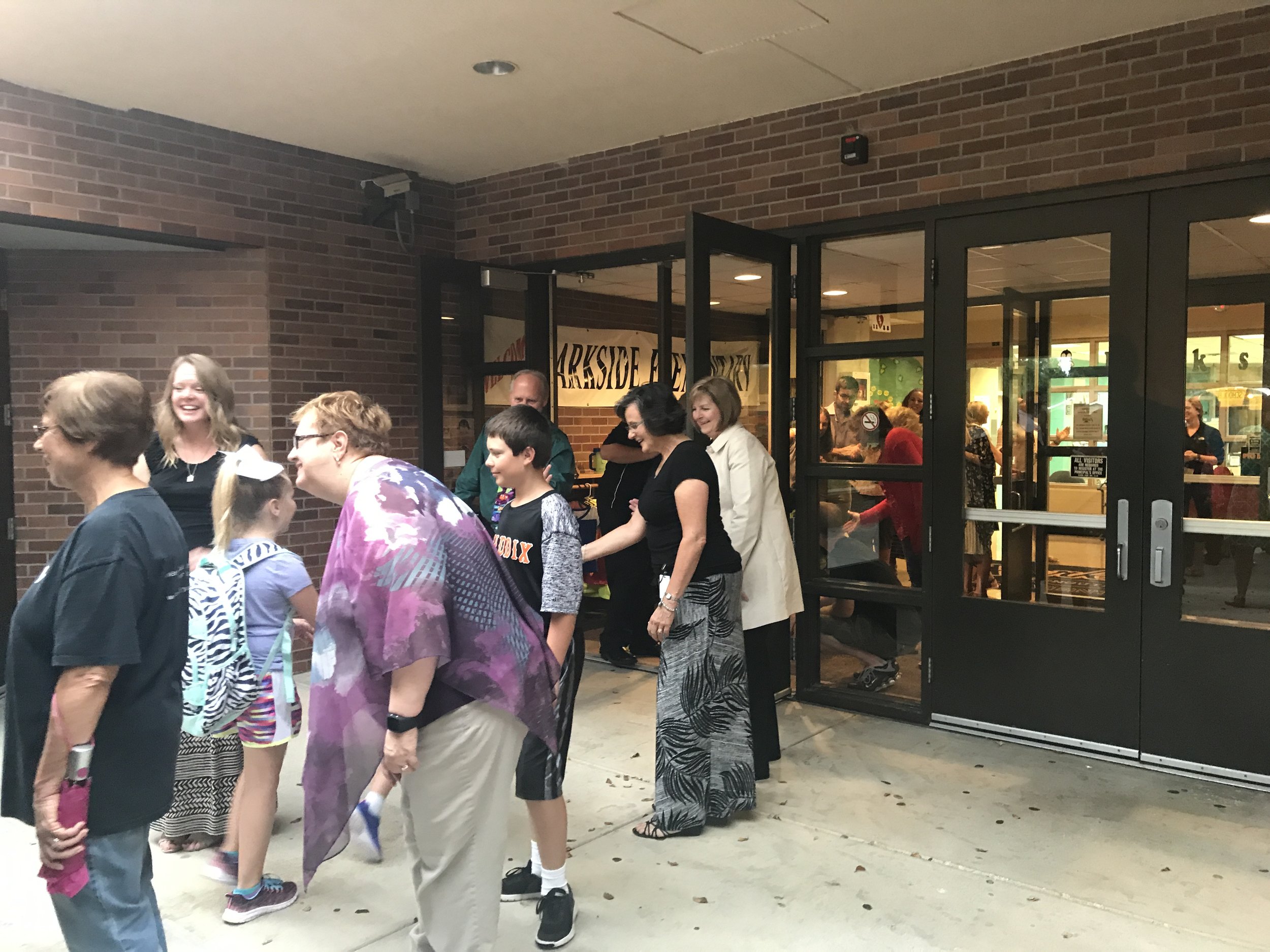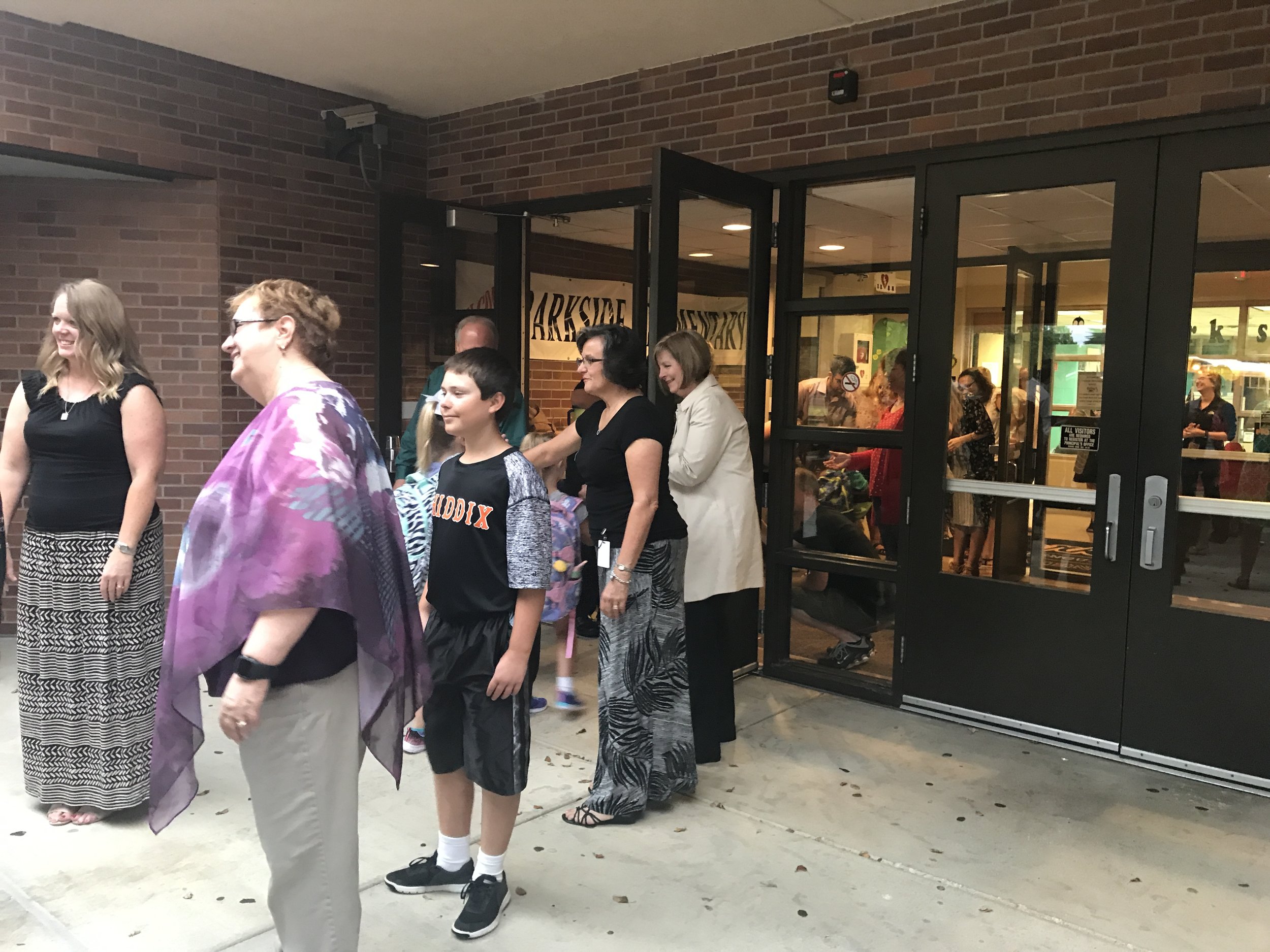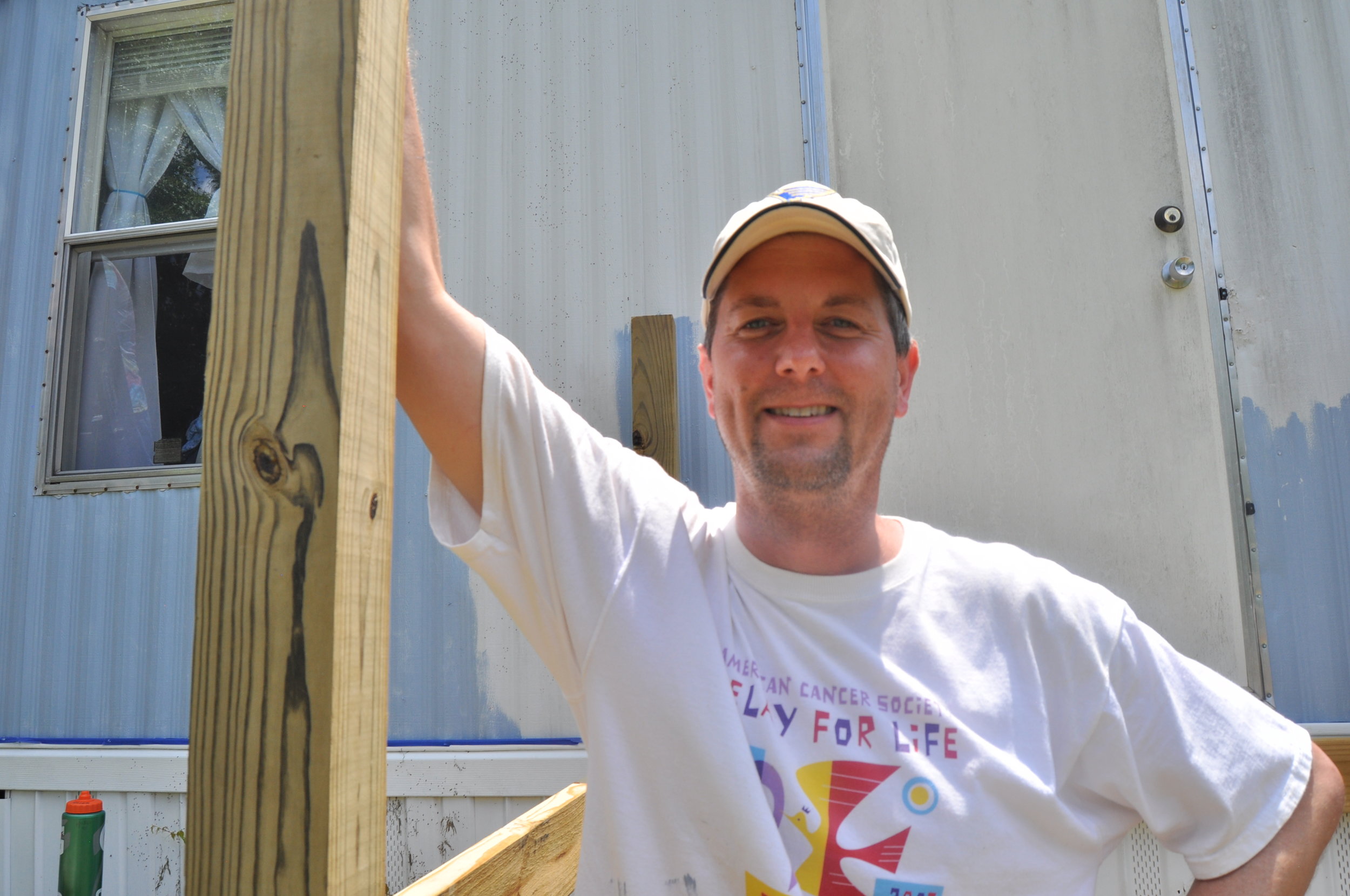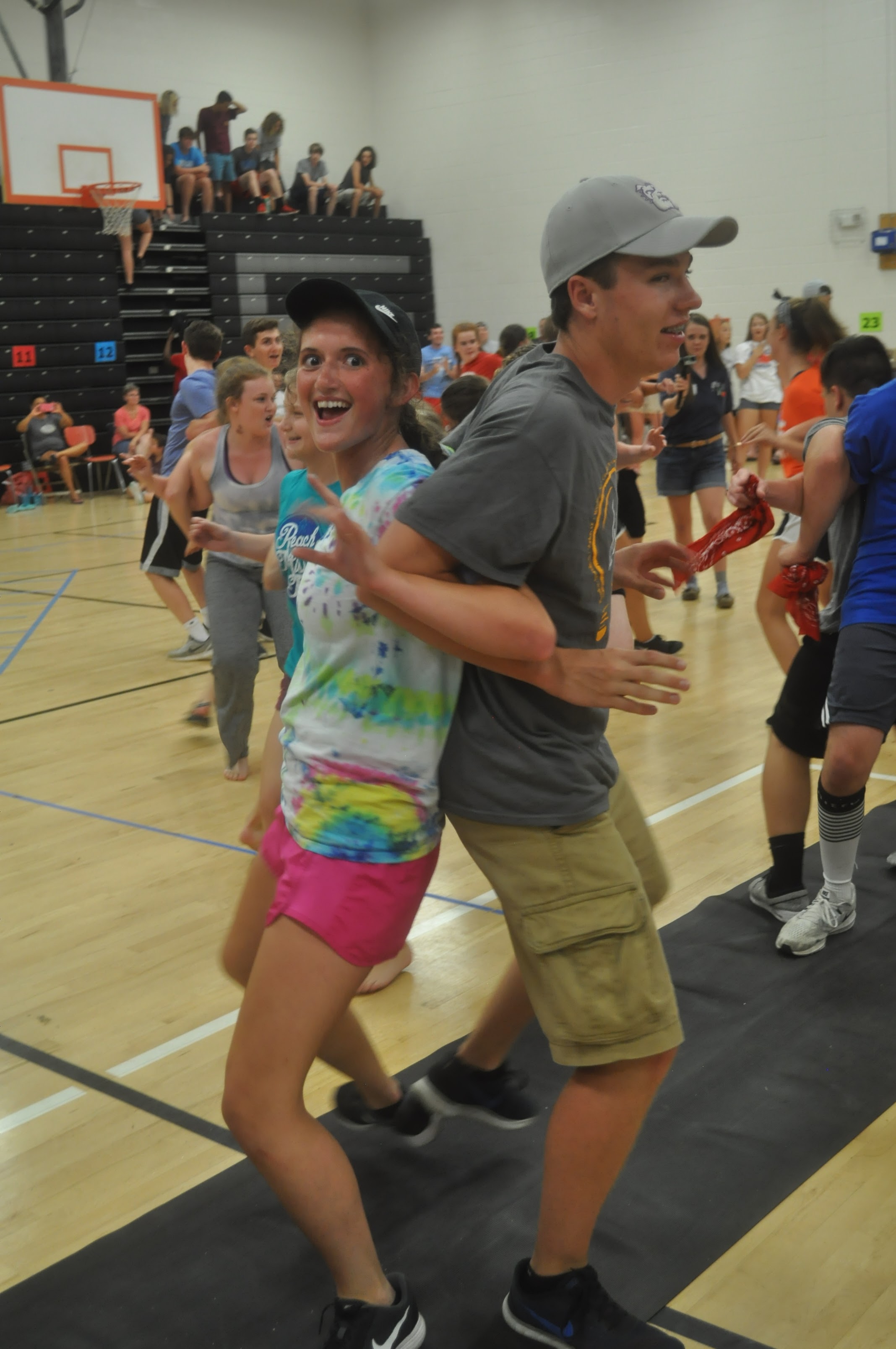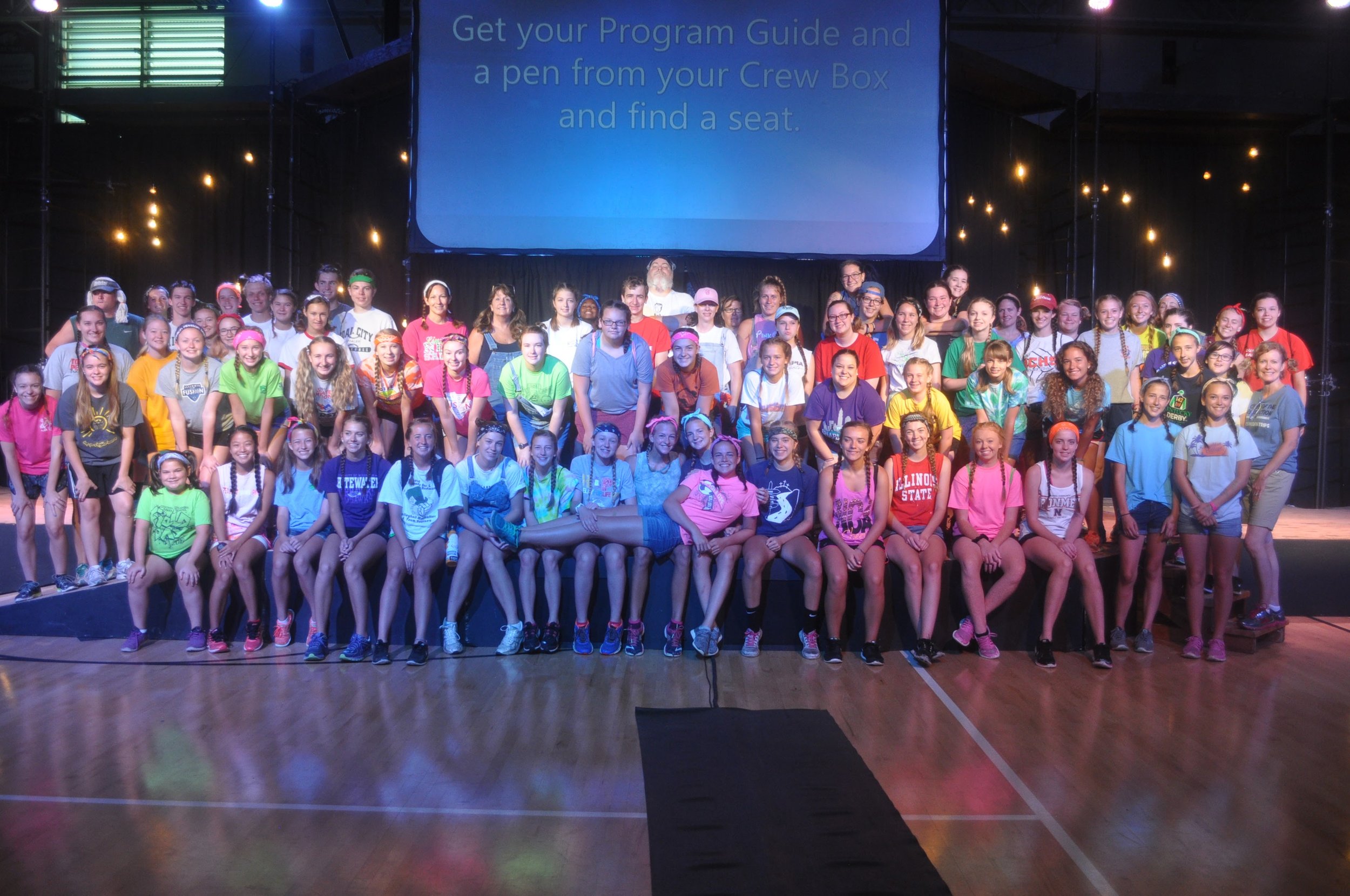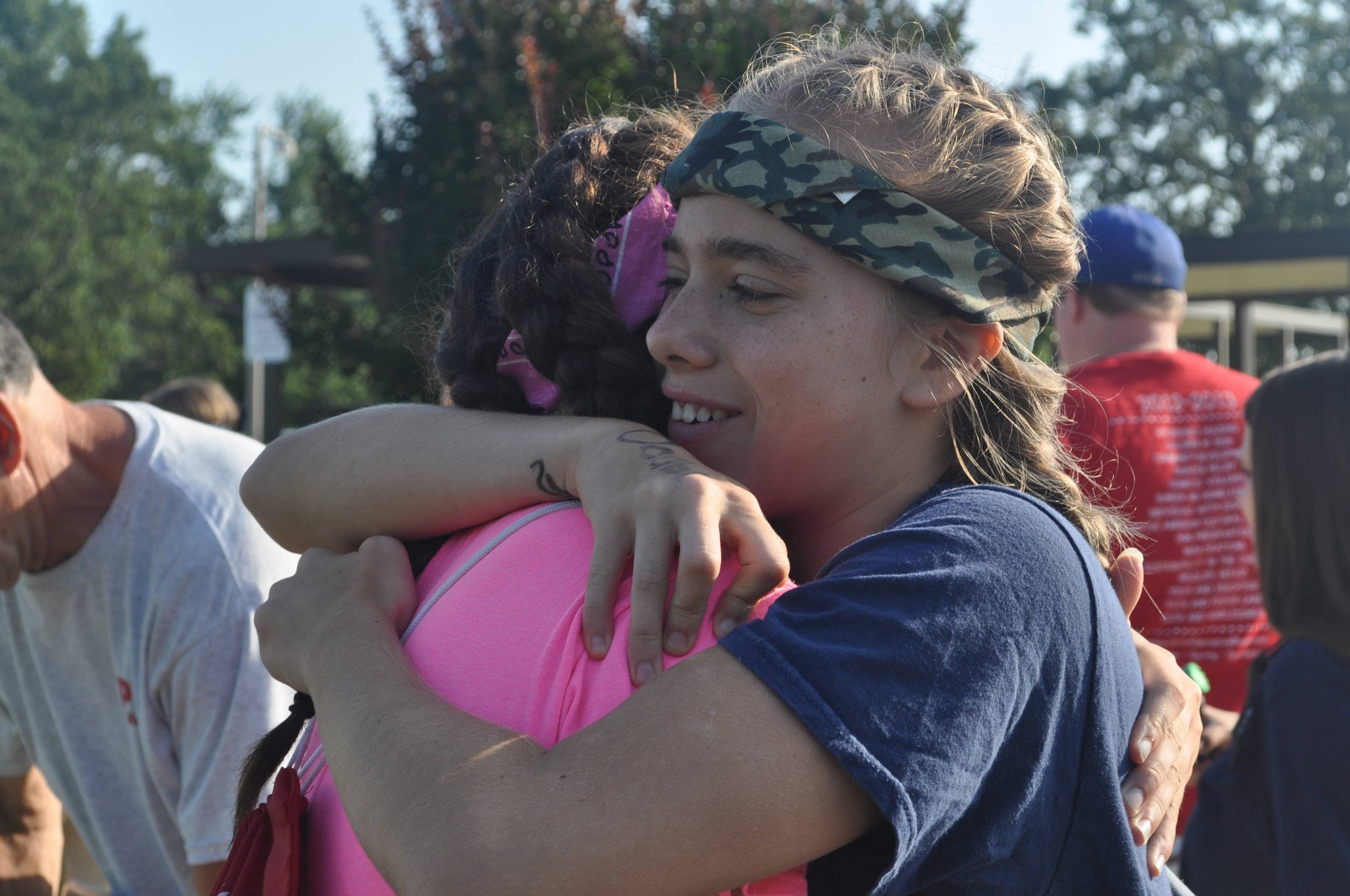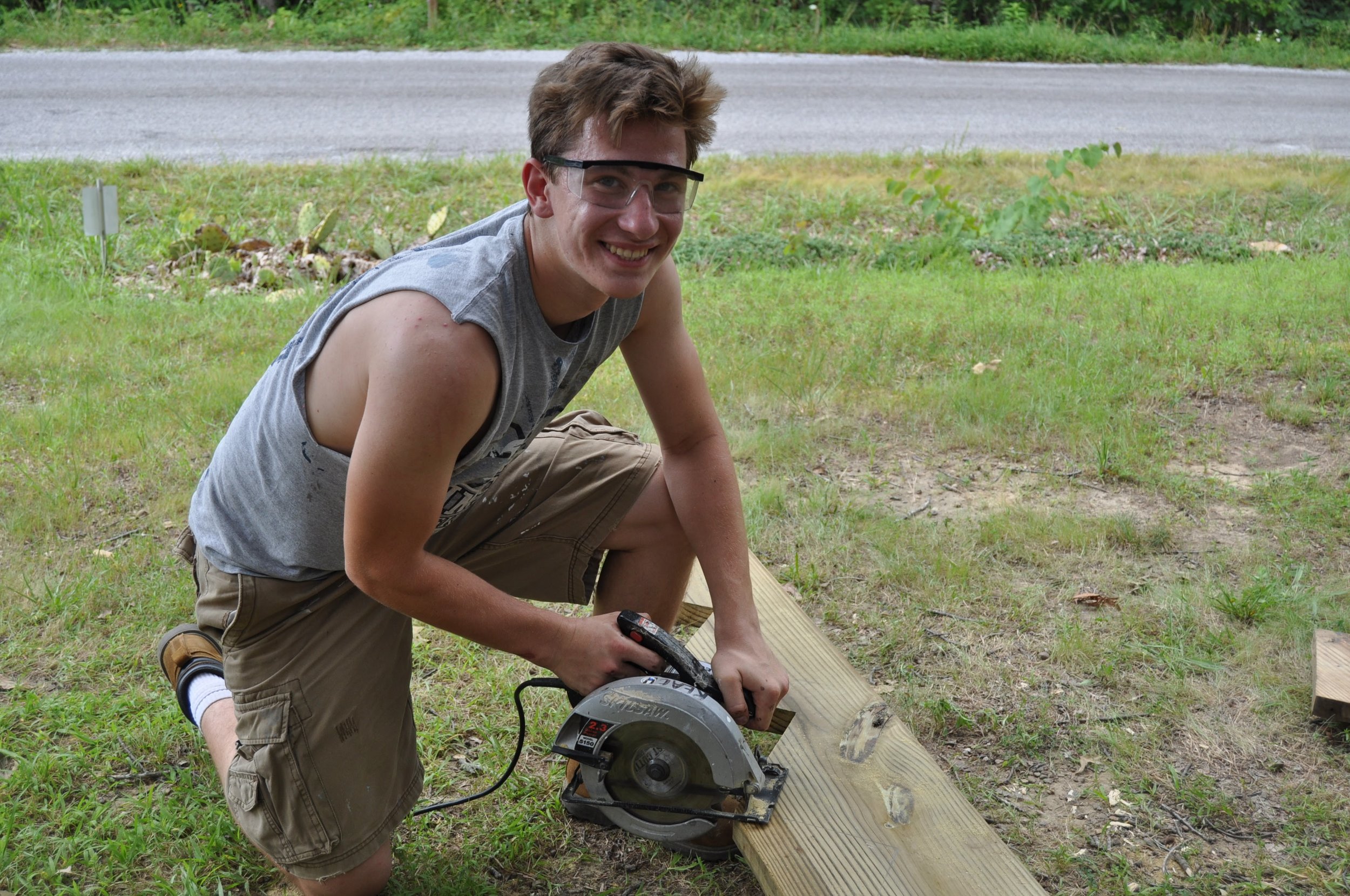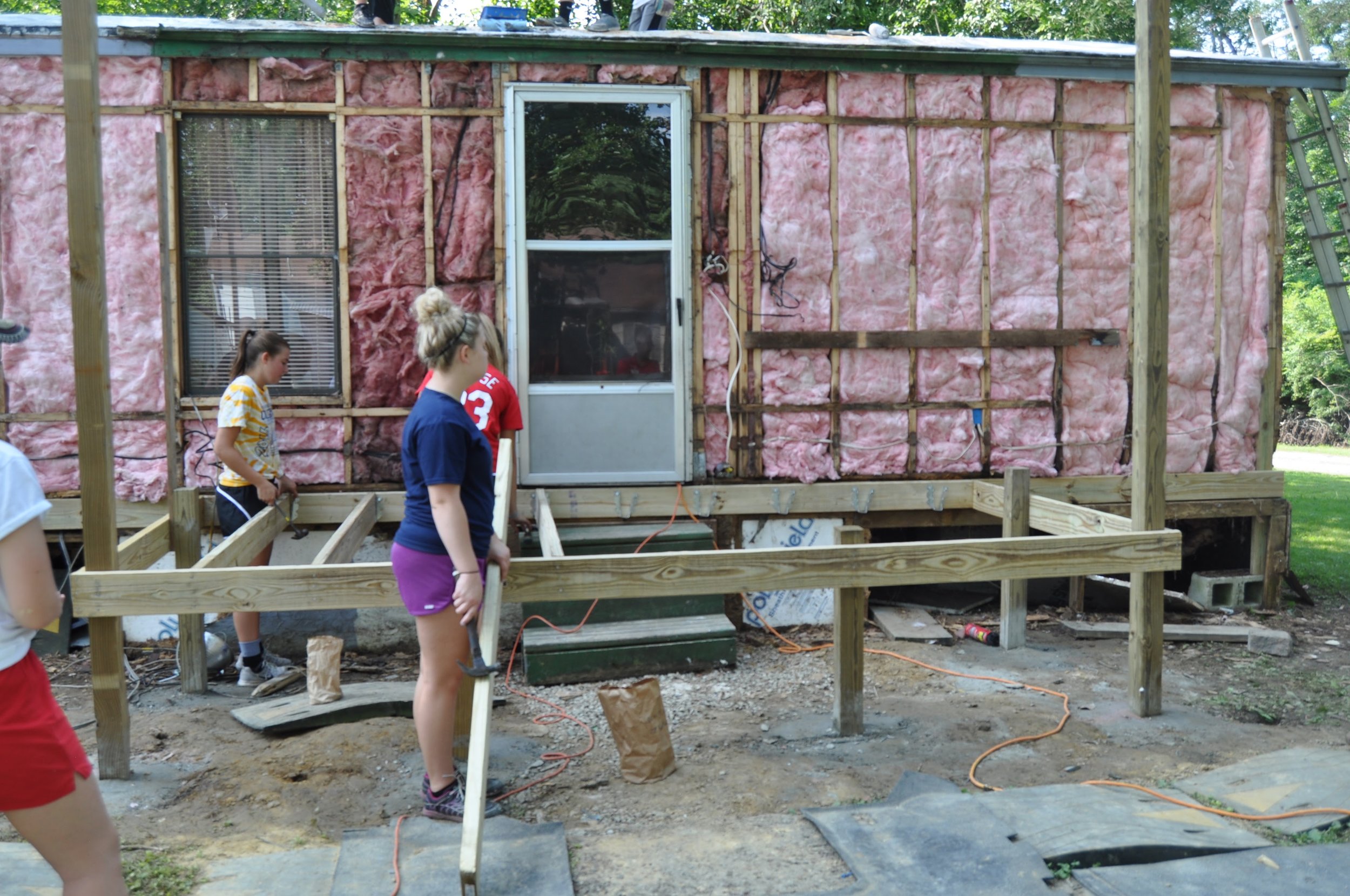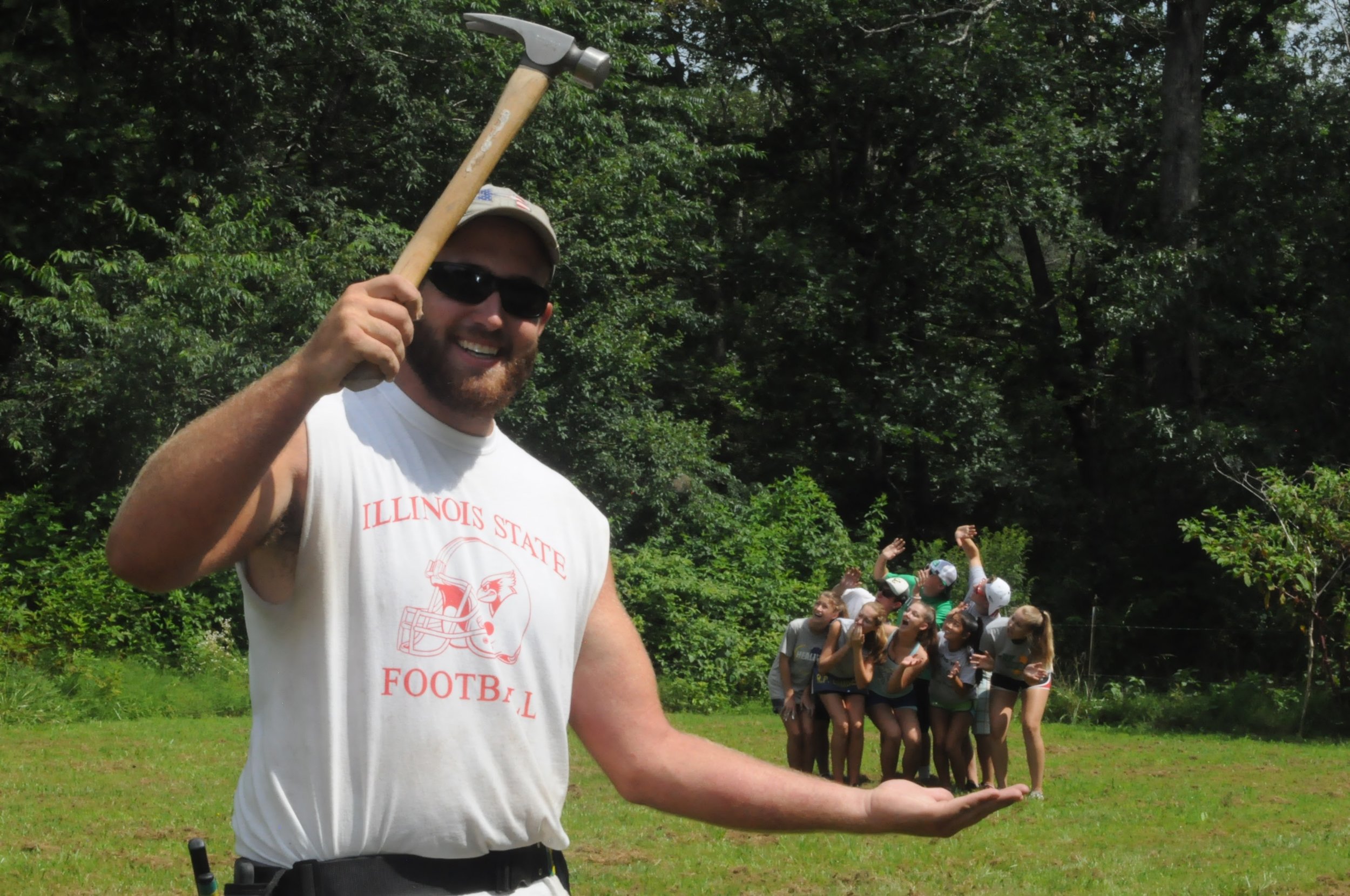This week we bring you part 3, the final of “Who Is My Neighbor” from the Senior High Workcamp participants who went to Crossville, TN this year to share the love of Christ. Here are more testimonies from the youth:
“This week my neighbor told us that she had been in a really dark place for months after her husband died. She said that she had been praying for light and that then we showed up. I just thought this was an awesome God moment since the theme for the week was “Light It Up”.”
“My neighbor cried when we left claiming that we are God’s little angels and the only thing missing were the wings. We impacted her on a new level.”
“When Danen Kane talked about his friend struggling and sang the song he wrote for her.”
“I saw the light of Christ this week in the joy of our neighbors when they saw we had finished work on their house.”
“I saw the light of Christ in all of the girls and their willingness to get to know each other and be open!”
”I found the light of Christ when I was talking to the neighbor. She was just so thankful and I just knew that Christ had a great plan for me and that I had really found him.” - Sydney Garrells
“I saw the light of Christ in my neighbor. She provided us with food even though she did not have a lot of money. She also willingly shared her story with us and was the best neighbor I ever had in my past 5 years.”
“I saw God this week in my injury. Out of all the possible injuries that could have occurred, a cleanly broken left pinkie toe is the least painful. I am thankful that I was not more seriously injured. Also, I thank you Lord for keeping me as safe as you did.”
“I saw the light of Christ in many places this week. First of all, I saw it in the faces of many of my peers. So many of the youth were simply on fire for God. One specific peer stuck by me all week and taught me what it meant to follow Christ wholeheartedly. She has such a big heart and loves every single person so dearly. This week Tasha showed me unending friendship and compassion. Tasha showed me what a Godly woman is and how exactly she should act. Tasha showed me what determination meant in all that she did and said. Tasha became a forever friend in simply a week and I’m so glad God blessed me with such a great companion.”


